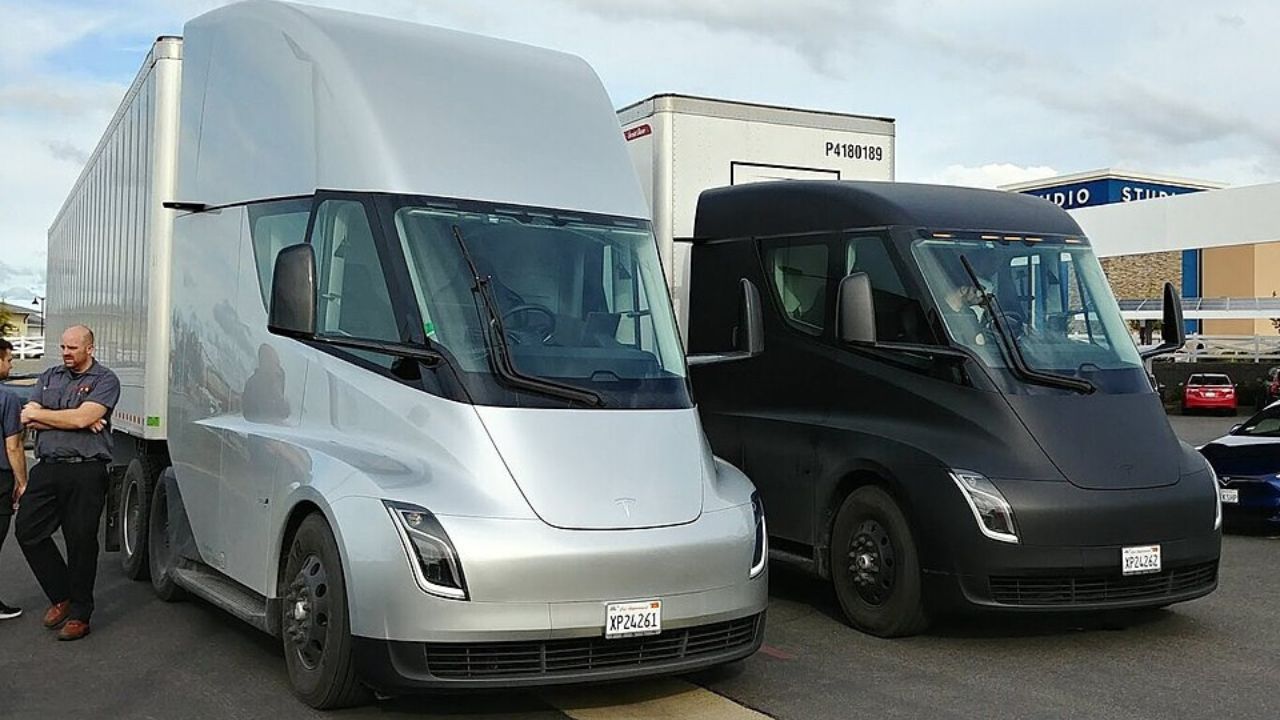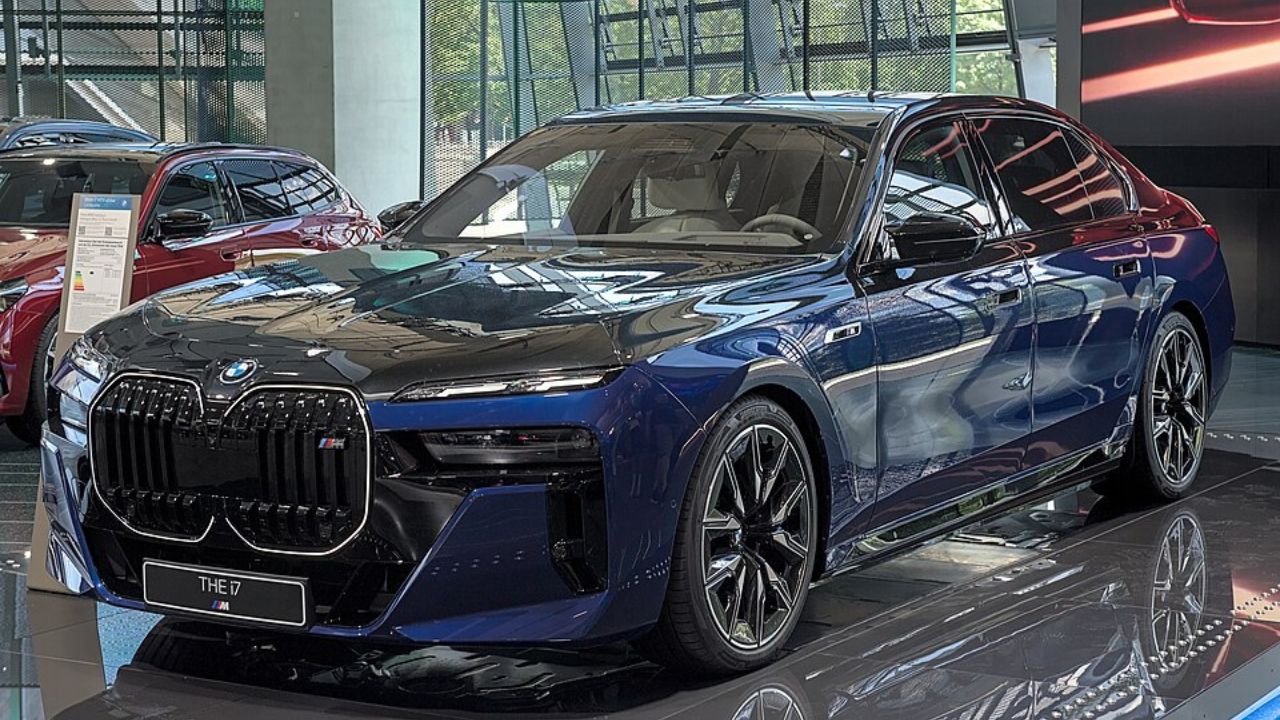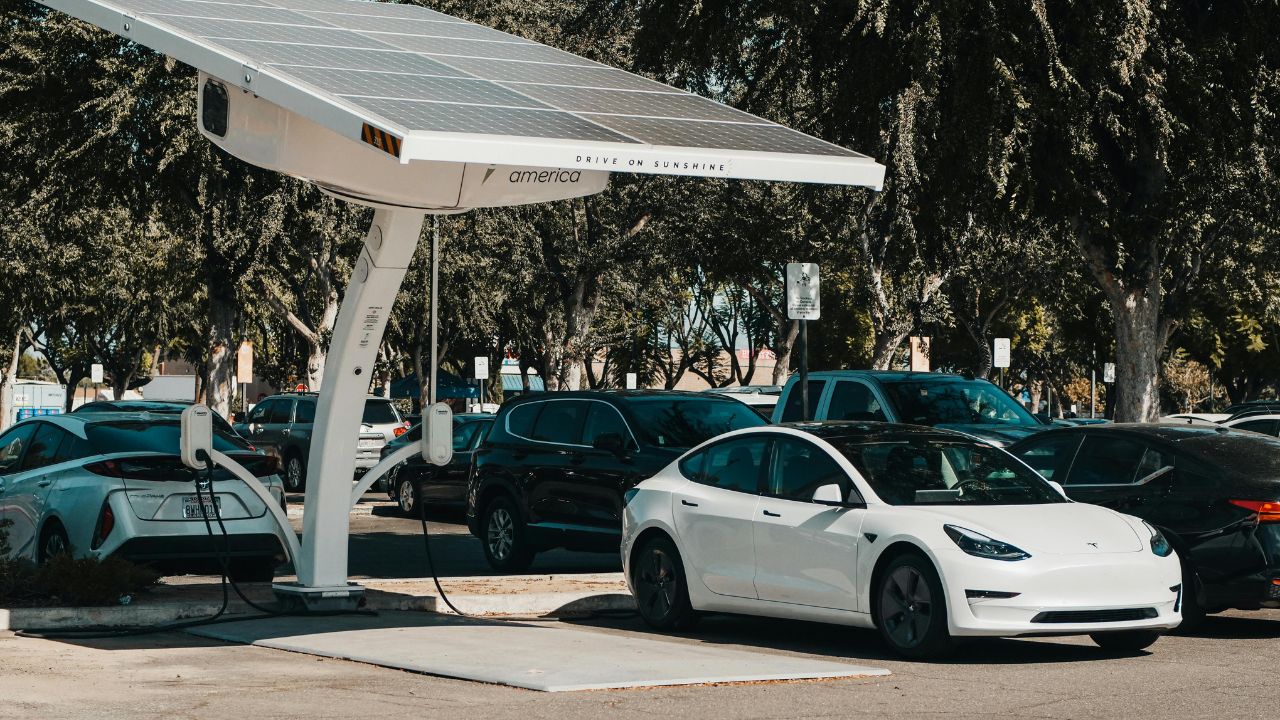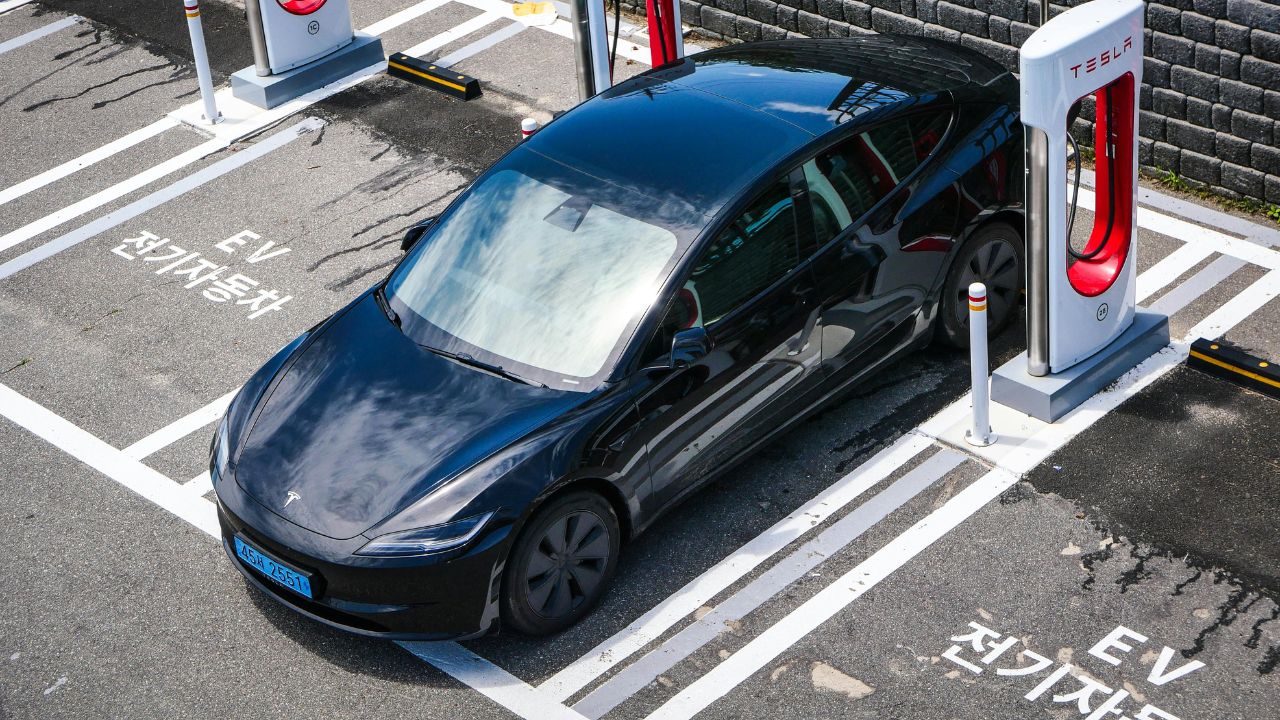As the world transitions to cleaner energy sources, electric vehicles (EVs) are at the forefront of this revolution. A key component in the evolution of EVs is the advancement of battery technology, with solid-state batteries promising to be a game-changer. This exploration into the potential of solid-state batteries reveals their significant implications for the future of electric vehicles, including enhanced performance and environmental benefits.
Understanding Solid-State Batteries

Solid-state batteries represent a significant leap in battery technology. Unlike traditional lithium-ion batteries, which use a liquid electrolyte to facilitate the movement of ions between the anode and cathode, solid-state batteries employ a solid electrolyte. This change in composition not only reduces the risk of leakage and combustion but also allows for a more compact and lightweight design. The solid electrolyte can be made from various materials, including ceramics and glass, which contribute to the stability and efficiency of the battery.
The advantages of solid-state batteries over traditional counterparts are numerous. One primary benefit is their higher energy density, which means they can store more energy in the same amount of space. This translates to longer driving ranges for EVs, a crucial factor in overcoming range anxiety among consumers. Additionally, solid-state batteries typically have a longer lifespan, reducing the frequency of replacements and the overall cost of ownership. Furthermore, their enhanced safety profile, due to the absence of flammable liquids, makes them a more reliable choice.
Despite these advantages, several challenges must be addressed before solid-state batteries can be widely adopted. Production costs remain a significant hurdle, as the materials and processes needed to manufacture solid-state batteries are currently more expensive than those for lithium-ion batteries. Technical challenges, such as ensuring consistent performance and longevity in real-world conditions, also need to be overcome. Advancements in manufacturing techniques and materials science are crucial to resolving these issues.
Impact on the Electric Vehicle Industry

The potential for solid-state batteries to revolutionize the EV industry is immense. With their higher energy density, these batteries could significantly extend the range of electric vehicles, making them more competitive with traditional gasoline-powered cars. This improvement could lead to a broader acceptance of EVs among consumers who have been hesitant due to concerns about range and charging infrastructure. Moreover, solid-state batteries promise faster charging times, further enhancing the convenience and appeal of electric vehicles.
From an economic perspective, the large-scale production of solid-state batteries could lead to significant cost reductions. As manufacturing processes become more efficient and economies of scale are realized, the cost per kilowatt-hour is expected to decrease, making EVs more affordable for the average consumer. This economic feasibility is crucial for widespread adoption, as price remains a major barrier for many potential EV buyers.
Beyond cost and range, the influence of solid-state batteries on EV design and performance is noteworthy. These batteries allow for more efficient use of space, enabling automakers to design smaller and lighter vehicles without compromising on performance. The reduced weight contributes to better energy efficiency and handling, potentially opening up new possibilities for vehicle design and innovation in the automotive industry.
Key Players and Innovations in the Field

Several major companies and startups are leading the charge in solid-state battery development. Toyota, for instance, has been investing heavily in this technology and aims to introduce solid-state batteries in its EVs by the late-2020s. Similarly, QuantumScape, a startup backed by Volkswagen and Bill Gates, has made significant strides in developing a viable solid-state battery, announcing promising test results in recent years. These companies’ efforts are complemented by those of other industry players like Samsung and Solid Power, each contributing unique innovations and perspectives to the field.
The field of solid-state batteries has seen several breakthroughs that could accelerate their adoption. For example, QuantumScape’s development of a lithium-metal anode has shown the potential to deliver higher energy density and improved charge times. Meanwhile, researchers at MIT have been exploring the use of sulfide-based electrolytes, which promise enhanced conductivity and stability. These technological advances are paving the way for the next generation of battery technology.
Collaborations and partnerships are also playing a critical role in advancing solid-state technology. Automakers are increasingly partnering with tech companies and research institutions to pool resources and expertise. For instance, Ford and BMW have invested in Solid Power, a company specializing in solid-state batteries, to jointly develop and commercialize this technology. Such strategic alliances are crucial for overcoming the technical challenges and accelerating the timeline for commercialization.
Timeline for Adoption and Market Integration

The development of solid-state batteries is still in its early stages, but progress is being made steadily. Currently, these batteries are primarily in the prototype phase, with several companies conducting extensive testing to refine their designs and processes. While commercial production is not yet a reality, experts predict that solid-state batteries could become viable for mass production within the next five to ten years, with some optimism for earlier breakthroughs.
The forecast for commercial availability is optimistic, with companies like Toyota targeting the late-2020s for the introduction of solid-state batteries in their vehicles. However, widespread market integration will depend on overcoming technical and economic challenges, as well as developing the necessary production infrastructure. Once these hurdles are cleared, solid-state batteries are expected to become a standard feature in electric vehicles, reshaping the automotive landscape.
Regulatory and infrastructure considerations will also play a significant role in the adoption of solid-state technology. Governments will need to update regulations to accommodate new battery technologies and ensure safety standards. Additionally, investments in charging infrastructure and supply chain logistics will be crucial to support the widespread use of solid-state batteries and facilitate a smooth transition to this new era of electric mobility.
Environmental and Societal Implications

The shift to solid-state batteries could have profound environmental benefits. By enhancing the efficiency and lifespan of electric vehicles, these batteries can reduce the overall environmental impact of EV production and use. Furthermore, the reduced risk of leakage and combustion makes them a safer and more sustainable option for energy storage. This aligns with global efforts to reduce carbon emissions and combat climate change.
As solid-state technology becomes more prevalent, it could accelerate the adoption of electric vehicles worldwide. With extended ranges and shorter charging times, EVs will become a more attractive option for consumers, potentially leading to a significant reduction in the use of fossil fuels. This shift could play a crucial role in achieving global sustainability goals and reducing dependence on non-renewable energy sources.
Beyond the automotive industry, solid-state batteries could have broader implications for renewable energy integration. Their high energy density and safety make them ideal candidates for grid storage and energy management solutions. By enhancing the efficiency and reliability of renewable energy systems, solid-state batteries could contribute to a more resilient and sustainable energy infrastructure, supporting the transition to a cleaner and greener future.
More from Fast Lane Only:
- Unboxing the WWII Jeep in a Crate
- The Fastest Farm Truck Ever Built
- 10 Old Trucks That Were Built Like Tanks
- 12 Classic muscle cars still within reach for budget buyers
*Created with AI assistance and editor review.






Leave a Reply